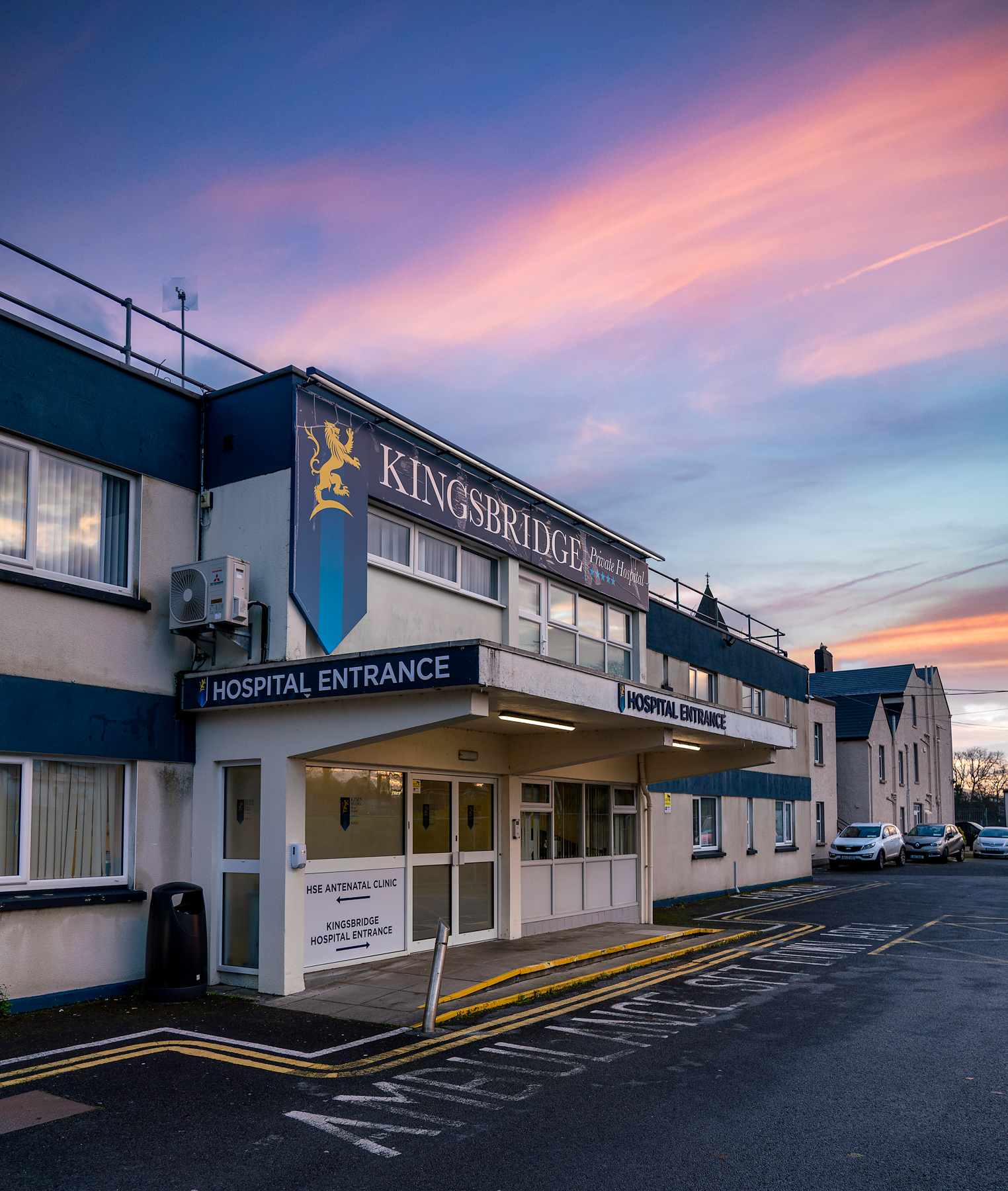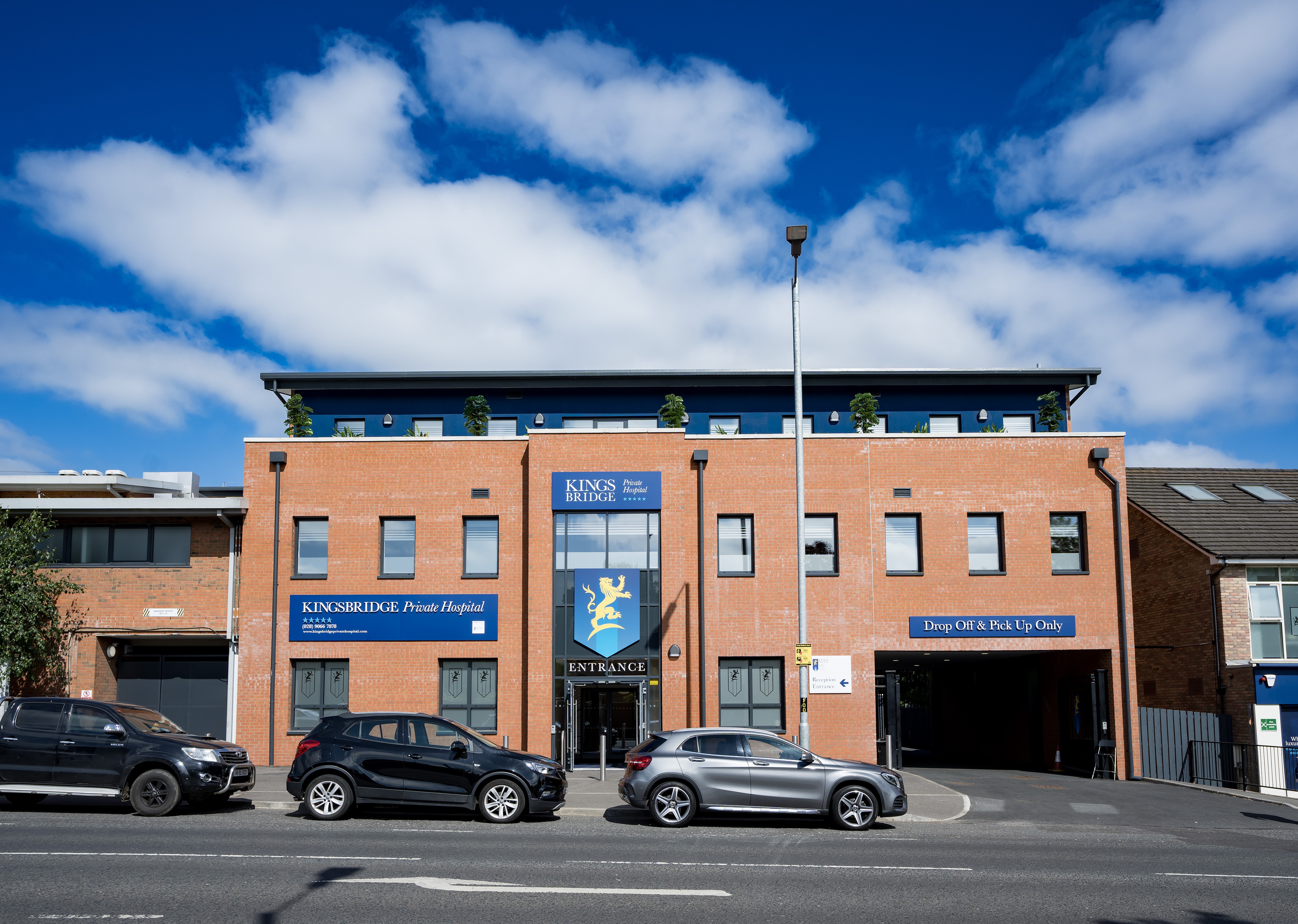The type of Tummy Tuck you have will depend on how much skin and fat you need to have removed. Your Surgeon will explain which type is most suitable for you at your initial consultation. The operation may take up to three hours.
There are three types of Tummy Tuck:
Standard Tummy Tuck
During surgery a long cut in your abdomen will be made above the pubic area (in women this is known as the bikini line). Your Surgeon may also make a second cut to remove your belly button from the surrounding skin. Stretched or torn muscles will be pulled together and stitched in place. Excess fat will be removed and the skin will be pulled down and repositioned with your belly button in the correct position. Your excess skin is then removed.
Cuts from the surgery are closed with stitches and your lower abdomen is firmly strapped with bandages. It’s likely you will have a scar around your belly button and a long curved scar on your abdomen above your pubic area. You can usually hide these scars with your underwear, but this may not always be possible.
Mini Tummy Tuck
With a Mini Tummy Tuck the excess skin and fat from below your belly button is removed, leaving a long curved scar on your abdomen above your pubic area. Your belly button remains in place.
Extended Tummy Tuck
Excess skin and fat from your abdomen and lower back is removed. You will have a scar around your belly button and a long curved scar on your abdomen above your pubic area, and around your lower back.
What to expect after your Tummy Tuck
You may need to stay at Kingsbridge Private Hospital for up to three days after your surgery depending on your recovery time.
You will need to rest until the effects of the anaesthetic have passed and you may need pain relief to help with any discomfort as the anaesthetic wears off. Our Nursing staff are on hand to care for you and provide pain relief as required.
You will need to arrange for someone to drive you home when you are discharged. It is recommended that you try to have a friend or relative stay with you for the first 24 hours after your Tummy Tuck procedure.
General anaesthesia temporarily affects your coordination and reasoning skills, so you must not drive, drink alcohol, operate machinery or sign legal documents for 24 hours afterwards. If in any doubt about driving, contact your motor insurer so that you're aware of their recommendations, and always follow your Surgeon’s advice.
You may need to wear an elasticated garment to help reduce swelling and improve comfort for the first several weeks following your surgery. You may also be advised to keep your knees bent when you’re in bed to prevent putting strain on your stitches and may find it difficult to stand up straight at first.
Stitches will be removed after one or two weeks, or you may have dissolvable stitches. The length of time your dissolvable stitches will take to disappear depends on what type you have. Your Surgeon will tell you how long this may be and whether you have any stitches that may need to be removed.
Recovering from a Tummy Tuck
It usually takes about six weeks to make a full recovery from a Tummy Tuck, but this can vary between individuals and the technique used, so it's important to follow advice from your Surgeon. You should be able to return to work about three or four weeks after your operation.
If you need pain relief, you can take over-the-counter painkillers such as paracetamol or ibuprofen. Always read the patient information leaflet that comes with your medicine and if you have any questions, ask your Pharmacist for advice.
You may be advised to wear a support garment for up to six weeks after your surgery. It’s likely you will have some tightness around your healing wounds.
In most cases, you should be able to do light activities comfortably about 10 days after your surgery. Most people can return to work after two to four weeks, but it is advised that you do not do any vigorous activity for at least six weeks following your procedure. Your Surgeon will give you specific instructions depending on the type of operation you have.
Risks associated with Tummy Tuck surgery
As with every procedure, there are some risks associated with surgery of this kind. Risks are evaluated on an individual basis by your Surgeon prior to having the procedure. This will be discussed with you before you make a decision.
Side-effects of Tummy Tuck surgery
Side-effects are the unwanted but mostly temporary effects you may get after having your procedure.
Side-effects of a Tummy Tuck may include:
- pain and bruising – usually lasting at least a few days.
- swelling – this may not completely subside for several months.
- scarring – scars will usually fade over time, but won't completely disappear.
- numbness of your skin over your abdomen – the skin below your new belly button may be numb for several months, but this numbness will gradually disappear.
Complications of a Tummy Tuck may include:
- infection – this may need antibiotic treatment to reduce the infection.
- bleeding under your skin (haematoma) – this may need surgery to stop the bleeding and drain the area.
- seroma – a collection of fluid around your wound that may need to be removed using a needle.
- numbness – this is usually temporary, but can be permanent.
- unusually red or raised scars – these may take several months to settle and fade.








